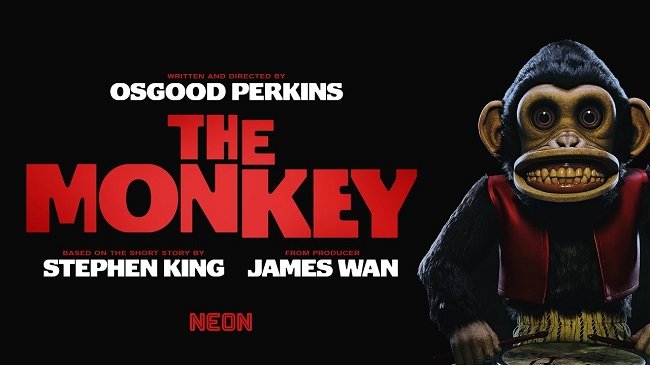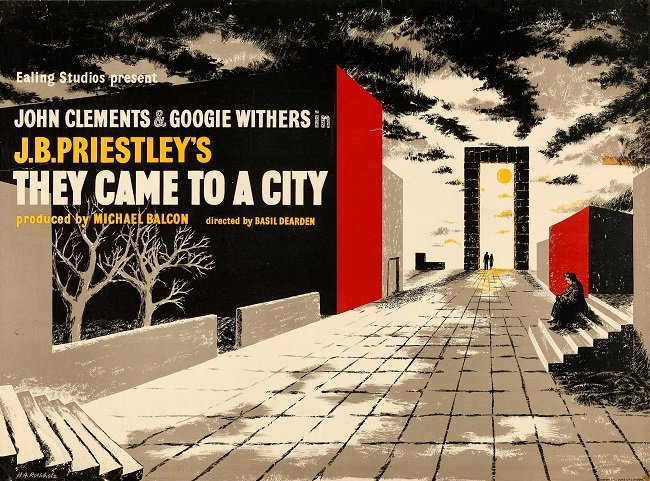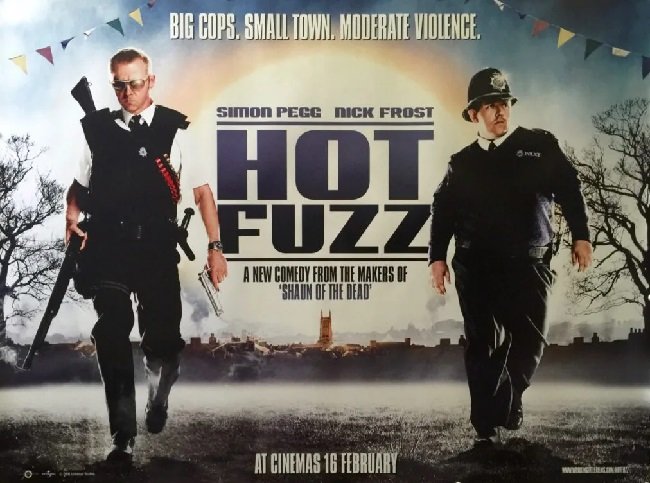Godzilla (2014)
Gareth Edwards directing debut Monsters, was a clever, subtle and genuinely moving human drama that just happened to be set against the background of alien lifeforms in a quarantine zone. He also managed to imbue the monsters of the title with a sense of depth. They were intriguing with their bio-luminescent communication and curious vocalisations. They were not simply an arbitrary MacGuffin and hinted at something far more complex. I was therefore very surprised and pleased that he has managed to maintain these qualities in his second feature film Godzilla. Despite being a massive studio undertaking his reboot of the classic franchise has a depth of soul that you seldom find in such mainstream material.
Ishirō Honda's original Godzilla movie in its uncut Japanese format is a tragic and melancholic tale, as well as a clever metaphor for the nuclear age. Garth Edwards maintain this theme but also adds an environmental element, as well as a philosophical concept with Godzilla being a "force of nature". This is more than an exercise in spectacle and the movie has a genuine sense of awe as it shows us an apocalypse brought about by the natural world, that we are powerless to deal with. The monsters in this movie are more than just caricatures. They are living, breathing entities with complex lifecycles. They are also very much part of the world, a theme that the author Clive Barker was always keen to explore.
The human elements of Godzilla are also handled in a different fashion to the standard formula. We are not saddled with heroes that have all the answers and who can miraculously save the world. As with Monsters there is a domestic drama being played out between Joe Brody (Bryan Cranston) a scientist grieving for his dead wife and his son Lieutenant Ford Brody (Aaron Taylor-Johnson) of the USN. Ford has to constantly bail out his Father from his conspiracy theory driven misadventures. This in turn places a strain on his own domestic relations with his Wife Elle Brody (Elizabeth Olsen) and their son. These simple narrative themes, work well against the catastrophic big picture.
Steven Spielberg has always been good at finding the right balance between the everyday and the incredible, both visually and thematically. There are traces of that approach here in Gareth Edwards directorial style. He elects to be extremely measured in what he shows, very much like Jaws, until the third act. This is a decision that I thoroughly approve of, although it will not be to everyone's liking. Some people have already complained that there is not enough Godzilla in the movie. However, I suspect they are more fans of spectacle and not necessarily interested in the director’s wider vision. I would also argue that the English dialogue version of many of the original Godzilla movies often robbed them of the finer plot points and simply focused on man-in-suit action, thus changing expectations of the US market.
Visually Godzilla is an outstanding experience. Seldom has such destruction been depicted with such gravitas. The movie takes a bleak tone so don't go looking for any witty quips or banter. It’s all played very straight faced. The visual effects give Godzilla an immense sense of scale as well as the M.U.T.O.S. This is one occasion when 3D does help the proceedings. There is also a tangible sense of the human cost to all the mayhem, without resorting to cliché. Furthermore, composer Alexandre Desplat has managed to craft the right sort of soundtrack for the proceedings. It has clear thematic influences from the original Japanese movies and is suitable sombre. Pretty much every aspect of this production seems to have been thought about in an intelligent manner.
Godzilla is a rare beast these days, in so far as it’s a blockbuster with a far greater amount of thought behind it. Not everything works. Sometimes the script follows the less interesting characters about and a few of them drop out of the proceedings without logical real reason. But the movie maintains a sense of integrity about its subject matter. Furthermore, considering that director Gareth Edwards has managed to produce a movie of this type, via the studio system and still managed to stamp his personal style upon it, is a major achievement. This is one of those rare times where I eagerly await a sequel, as long as it maintains the high standard that has been established by the first instalment.




























